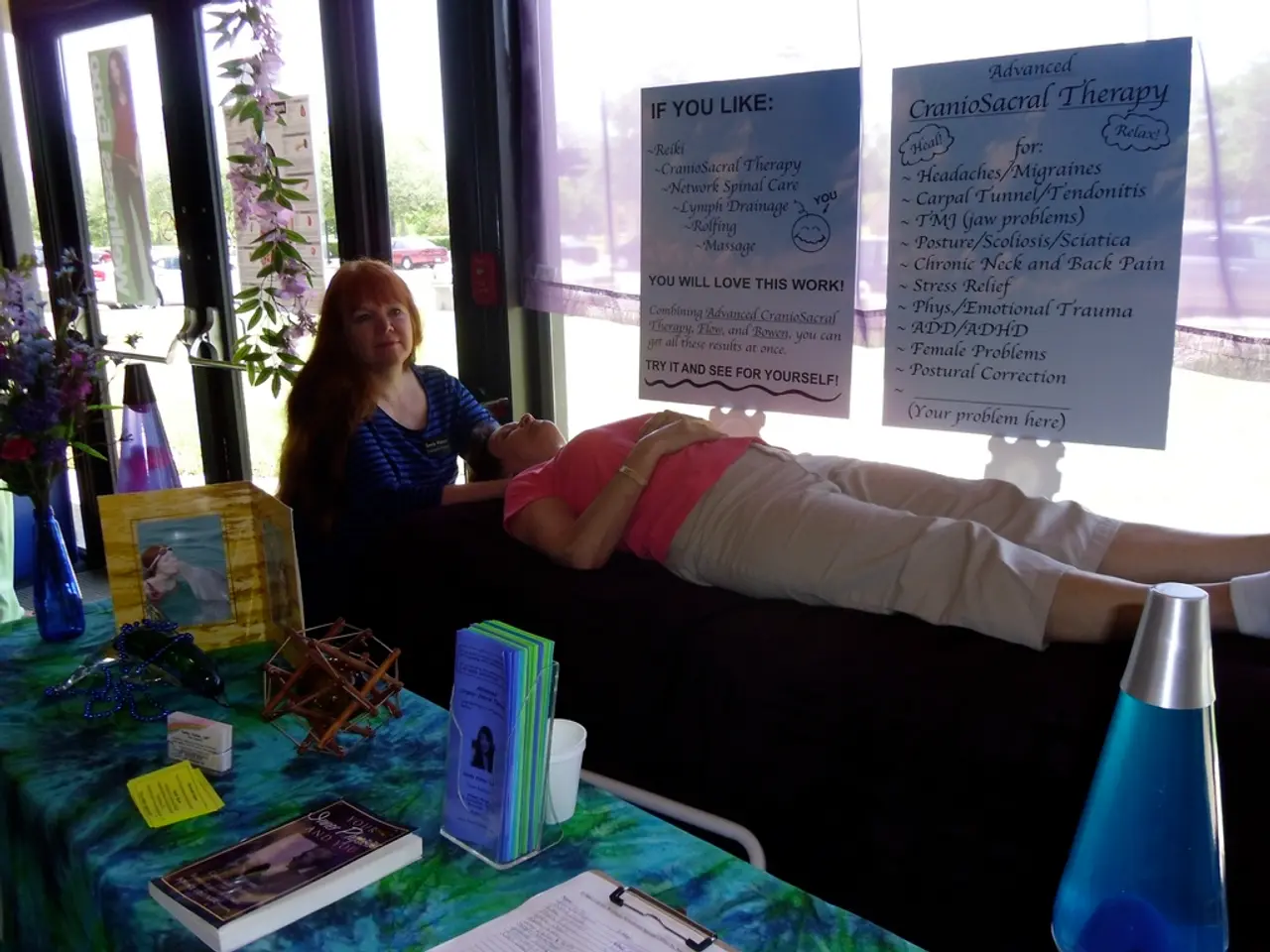Methods to conquer self-doubt and feelings of inadequacy, as outlined by psychologists
In the world of high-pressure offices, information-dense fields, and academia, the feeling of being an impostor is all too common. Dr Valerie Young, a longtime thought leader on impostor syndrome and the world's foremost expert on the subject, defines this syndrome as the belief that one is not as intelligent, capable, confident, and talented as others perceive them to be, despite evidence of past accomplishments.
Impostor syndrome is not a medically or psychologically diagnosable condition, but an experience or pattern of experiences. It is more common among those working in the fields mentioned above, including STEM (science, technology, engineering, and maths), medicine, and academia.
The syndrome includes symptoms such as being unable to take credit for one's successes, striving towards unattainable perfectionism, denying one's own competence, and fear of failure or success. Psychologists from Goethe University Frankfurt argue there are two main types of impostor syndrome: 'true impostors' and 'strategic impostors'. The Perfectionist and the Natural Genius are often emphasized as core categories of this psychological pattern.
The Perfectionist sets impossibly high standards and feels like a failure when not meeting them, while the Natural Genius expects to master tasks quickly and easily and views struggle as a sign of incompetence. Acknowledging and accepting that one works in a competitive environment can be a key coping mechanism, according to Young.
Fortunately, there are strategies to combat impostor syndrome. Dr Valerie Young suggests reframing it as being a humble realist can help stop feeling like an impostor. Faking confidence can also help decrease the time spent feeling like an impostor. Talking to someone you work with about impostor feelings can normalize them, says Cokley.
Documenting factual successes is key in combating impostor syndrome, according to Cokley. Writing down three achievements at the end of the day can help change one's mindset. Deliberately messing up can help overcome impostor syndrome, suggests Hibberd. Adapting these approaches won't change one into a new person overnight, but it can help to vastly decrease the time spent feeling like an impostor, says Young.
It's important to note that impostor syndrome is not exclusive to certain individuals. Albert Einstein, a renowned physicist, experienced impostor syndrome before his death. If you grew up in a family environment where you weren't complimented on your intelligence, but instead praised for other things like your looks or social skills, you might go on to have impostor feelings related to your intelligence.
Underestimating your skills could be a stress-response safety mechanism designed to push you to put more effort into tasks and prompt you to consider any possible shortcomings, according to psychologists at the University of Athens. Between 70 and 80% of the general population has experienced impostor syndrome at some point in their life.
In conclusion, impostor syndrome is a common experience that can be overcome with the right strategies and mindset. Recognizing the syndrome and adopting strategies such as reframing it, faking confidence, talking about it, documenting successes, and deliberately messing up can help individuals feel more confident and capable in their roles.
- In information-dense fields such as technology and academia, impostor syndrome is more common, especially among those in STEM, medicine, and research.
- The Perfectionist, one type of impostor, sets impossibly high standards and often feels like a failure when not meeting them.
- Acknowledging the competitive nature of these fields can be a key coping mechanism for those dealing with impostor syndrome.
- Strategies to combat impostor syndrome include reframing it as humble realism, faking confidence, talking about it with colleagues, documenting achievements, and deliberately messing up.
- These approaches won't change one into a new person immediately, but they can significantly decrease the time spent feeling like an impostor.
- Impostor syndrome is not exclusive to certain individuals; even Albert Einstein, a renowned physicist, experienced it.
- If you grew up in an environment where you weren't often complimented on your intelligence, you might experience impostor feelings related to your intellectual abilities.
- Between 70 and 80% of the general population has experienced impostor syndrome at some point in their life, indicating its prevalence in nature and society.




